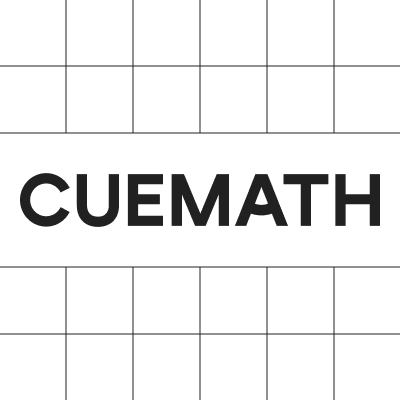i'm back
i think i'm understand this part. thank The Highlander
When we rationalize the denominator in a fraction, then we are eliminating any radical expressions such as square roots and cube roots from the denominator. In this article, let's learn about rationalizing the denominator, its meaning, and methods with solved examples.

www.cuemath.com
i don't understand rationalize. it's using square root
i'm sorry it's your sleep time
\(\displaystyle \frac{1 + e^{-\pi}}{i + 1}\frac{(1 - i)}{(1 - i)} = \frac{1 - 1i + e^{-\pi}1 - e^{-\pi}i}{i1 - i^2 + 1 - 1i}\)
i need to simply this to get the correct answer, right?

